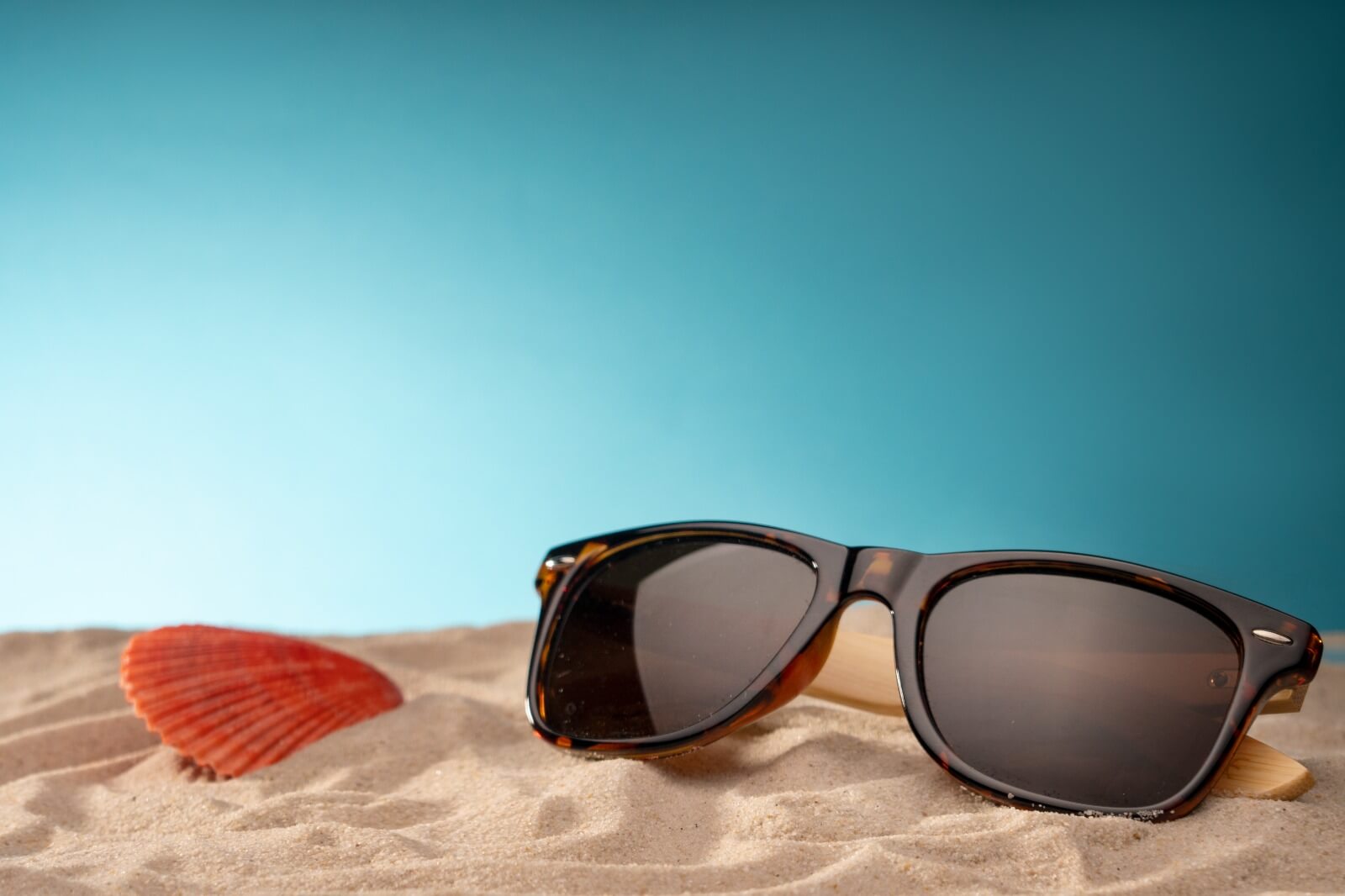
The Negative Effects of Ultraviolet Rays on the Eyes
The harmful effects of ultraviolet (UV) rays on the eyes can be categorized into short-term and long-term effects.
Short-Term Effects
Prolonged exposure to UV rays, especially on sunny days, can cause immediate harm to the eyes. These effects are similar to sunburn on the skin but occur on the surface of the eyes. Damage might include pain and irritation, and while these types of injuries typically heal within a few days, they can lead to more serious eye infections if left untreated.
Long-Term Effects
Continued exposure to UV rays can result in severe, long-term damage, such as macular degeneration (a condition affecting the central vision) and cataracts, which are among the leading causes of vision loss globally.
Factors That Increase UV Exposure:
Several factors contribute to the increased level of sun exposure, which can amplify the damage caused by UV rays:
-
Environment: UV exposure is higher in snowy, sandy, or water-reflective areas.
-
Altitude: Higher altitudes result in greater UV radiation.
-
Latitude: UV radiation increases as you move closer to the equator.
-
Time Outdoors: Longer exposure to the sun leads to more UV exposure.
-
Eye and Skin Colour: Individuals with light-colored eyes and fair skin are more vulnerable to UV damage.
-
Time of Day: UV levels are at their peak between 10 a.m. and 1 p.m.
-
Season: Spring and summer bring the highest UV radiation, while autumn and winter show a decrease.
-
Medications: Some drugs, such as tetracycline and doxycycline, can increase sensitivity to UV radiation and its harmful effects.
The Importance of Sunglasses
-
Prolonged exposure to the sun can alter the proteins in the lenses of the eyes, leading to cataract formation. UV exposure is also linked to macular degeneration.
-
Sunglasses not only protect the eyes from excessive light but should also be worn to shield the eyes from harmful UV rays.
-
It is important to wear sunglasses, even if the sun's brightness doesn't directly bother us, as they help prevent long-term eye damage.
-
When choosing sunglasses, it's essential to ensure they provide UV protection. Low-quality sunglasses that don’t offer sufficient UV protection may do more harm than good.
-
Wearing damaged sunglasses can be harmful, as they allow UV rays to pass through, even though the lenses may appear dark. It's better to go without sunglasses than to wear ineffective ones.
-
Tinted lenses, such as those that change color according to light, may not provide adequate UV protection if they aren't dark enough. Always check the UV protection capabilities of the sunglasses you purchase.
-
Sunglasses with a good frame design can help block harmful rays that might reflect from your cheekbones and enter the eyes, offering better protection.
-
Always check for protection certificates when purchasing sunglasses. These certificates indicate whether the lenses effectively block both UVA and UVB rays, ensuring maximum protection.

